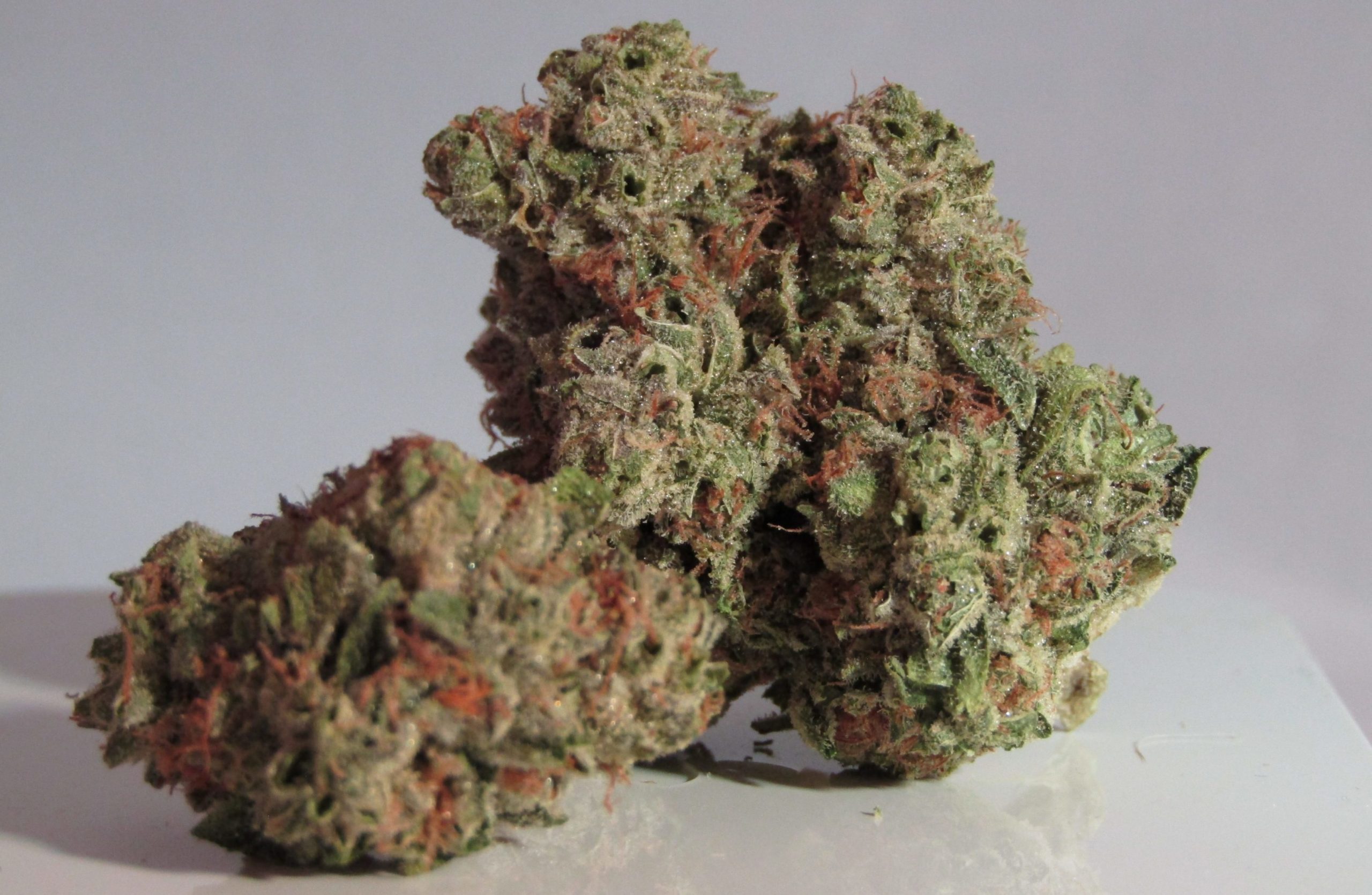
Last month, the U.S. Food and Drug Administration (FDA) approved its first prescription drug derived from Marijuana: Epidiolex, a cannabidiol (CBD) oral solution for seizure treatment associated with two rare and severe forms of epilepsy, Lennox-Gastaut syndrome and Dravet syndrome.
FDA Commissioner Scott Gottlieb, M.D. said in a press release, “This approval serves as a reminder that advancing sound development programs that properly evaluate active ingredients contained in marijuana can lead to important medical therapies.”
Georgia, among 16 , has permitted CBD use.
In 2015, State Rep. Allen Peake, a Republican from Macon, proposed the HB 1 bill which legalizes CBD products derived from medical marijuana as long they contain no more than 0.3 percent THC and are used for specific medical purposes.
The bill won approval in both Georgia Legislature houses and became Georgia’s first Marijuana law, signed by Governor Nathan Deal. The law also allows Georgia universities to perform CBD research on seizures.
Though research does not focus on CBD, Georgia State will be conducting research on electronic cigarettes, a device some Georgia State students use to smoke CBD.
Georgia State receiving $1.4 million from the National Institutes of Health to conduct a four-year research initiative, evaluating the effects of early attempts to regulate electronic cigarettes or vapes. Georgia State researchers will study the effects of e-cigarette-related regulations on pricing, access and public perception of the safety of vapes.
CBD-rich oils and extracts totaled $367 million in 2017, and sales are projected to surpass $1.2 billion in 2022, according to the Hemp Business Journal.
\Considering the demand of CBD, The Signalcontacted Andrea Jones Thorton, associate vice president for public relations and marketing communications, and Dr. Jill Lee-Barber, senior director of psychological and health services, by email and phone regarding Georgia State’s policy on CBD campus approval, but no response was received.
Kyle Lewis, a senior sociology major at Georgia State, said, “The whole purpose of cannabis oil in general is to calm you down without having the effects that THC has. So, in a sense, Georgia State itself doesn’t allow smoking or vaping, but people still do it. There’s people here [in Library Plaza] that still smoke weed.”
Despite Georgia State’s Student Code of Conduct and Administrative , which states, “smoking and tobacco of any kind is prohibited on all GSU owned and/or leased locations premises,” Georgia State students, as Lewis said, continue to smoke regardless of Georgia State’s policy.
Regarding oral ingestion, the FDA’s intended administration route, Lewis said, “[I]f you’re able to [use cannabis oil] way where you’re not smoking I don’t see why it should be a problem on campus. You can’t really abuse it to the point where you’re getting high like with THC.”
Significance of FDA legalizing Epidiolex
Epidiolex’s efficacy was in three random, double-blind clinical trials with 120 children and young adults with Dravet syndrome. Epidiolex results were effective, reducing frequency of seizures compared to the placebo.
CBD derives from cannabis sativa, or marijuana, but has been shown in studies not to cause the same intoxication experienced from tetrahydrocannabinol (THC), the primary psychoactive component of marijuana.
GW Pharmaceuticals funded the study and produced Epidiolex.
The study states that Dr. Stephen Wright, one of the medical doctors conducting the research, reported “being an employee of GW Pharmaceuticals, holding a pending patent on the use of cannabinoids in the treatment of epilepsy.”
“No other potential conflict of interest [was] relevant” to the study stated in its Funding and Disclosure section.
The FDA granted Priority Review designation and Fast-Track designation, expediting Epidiolex’s approval.
After the FDA’s approval of Epidiolex, GW Pharmaceutical’s sales team proceeded to target 68 varying geographic regions with an expected $2.4 billion peak for U.S. sales, according> to proprietary and firsthand checks with doctors over the last three years.
Aphria, a Canadian medical marijuana competitor to GW Pharmaceuticals, totaled $10.3 million Canadian dollars ($8.2 million) in April sales alone. But, after GW Pharmaceuticals won over the FDA, sales projected into the billions and EvaluatePharma ranked Epidiolex as one of the top biggest drug launches in 2018.
Colorado’s flourishing hemp industry expressed concern that lawmakers may be constructing a “superhighway” for pharmaceutical companies to monopolize the CBD market
GW spokeswoman Jessica Wolfe told House Public Health Care & Human Services Committee, “[W]e in no way intend to limit or affect access to any marijuana, recreational or medical or any hemp products licensed in Colorado.”
“Our objective, simply, is to make an FDA-approved medicine, purified CBD medicine available for patients who would be looking at an additional option,” Steve Schultz, GW’s vice president of investor relations said. “Whatever is available at dispensaries is really not even an element of our consideration. Our goal is to just add to those options that are available.”
GW has not released pricing information for Epidiolex, but analysts have suggested patients could pay $30,000 to $60,000 per year if insurance doesn’t cover costs.
Sean Williams from The Motley Fool said, “Few industries have grown as quickly or consistently in recent years as marijuana stocks. Depending on your source, the cannabis industry could grow by an impressive 25 percent to 35 percent through 2021—or beyond.”
Georgia State students’ CBD oil use suggests no abatement. “It just feels like a cleaner high,” Ian Sutter, a senior Georgia State film student said. “I use it for sleep, but it’s not like I have a medical condition.”
